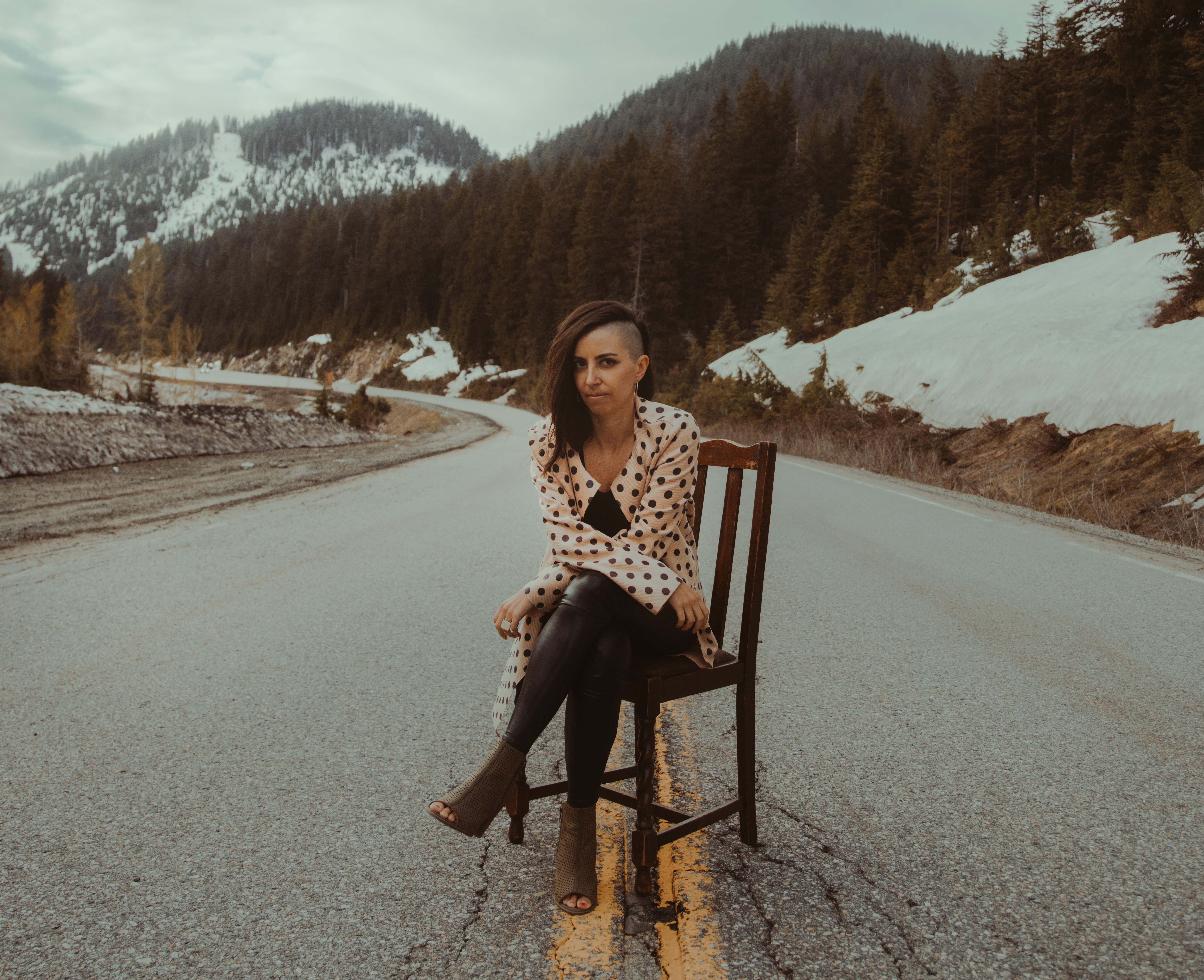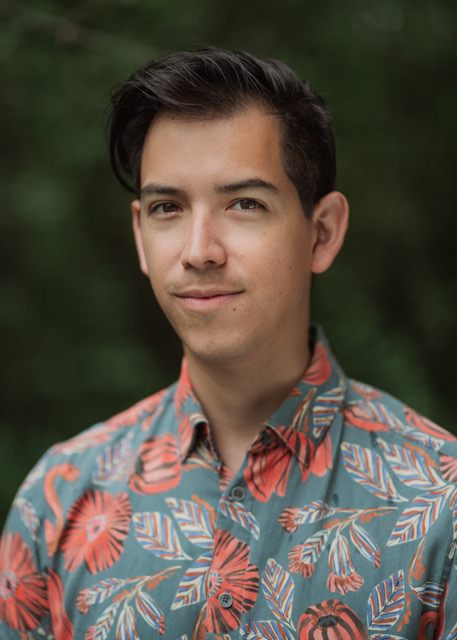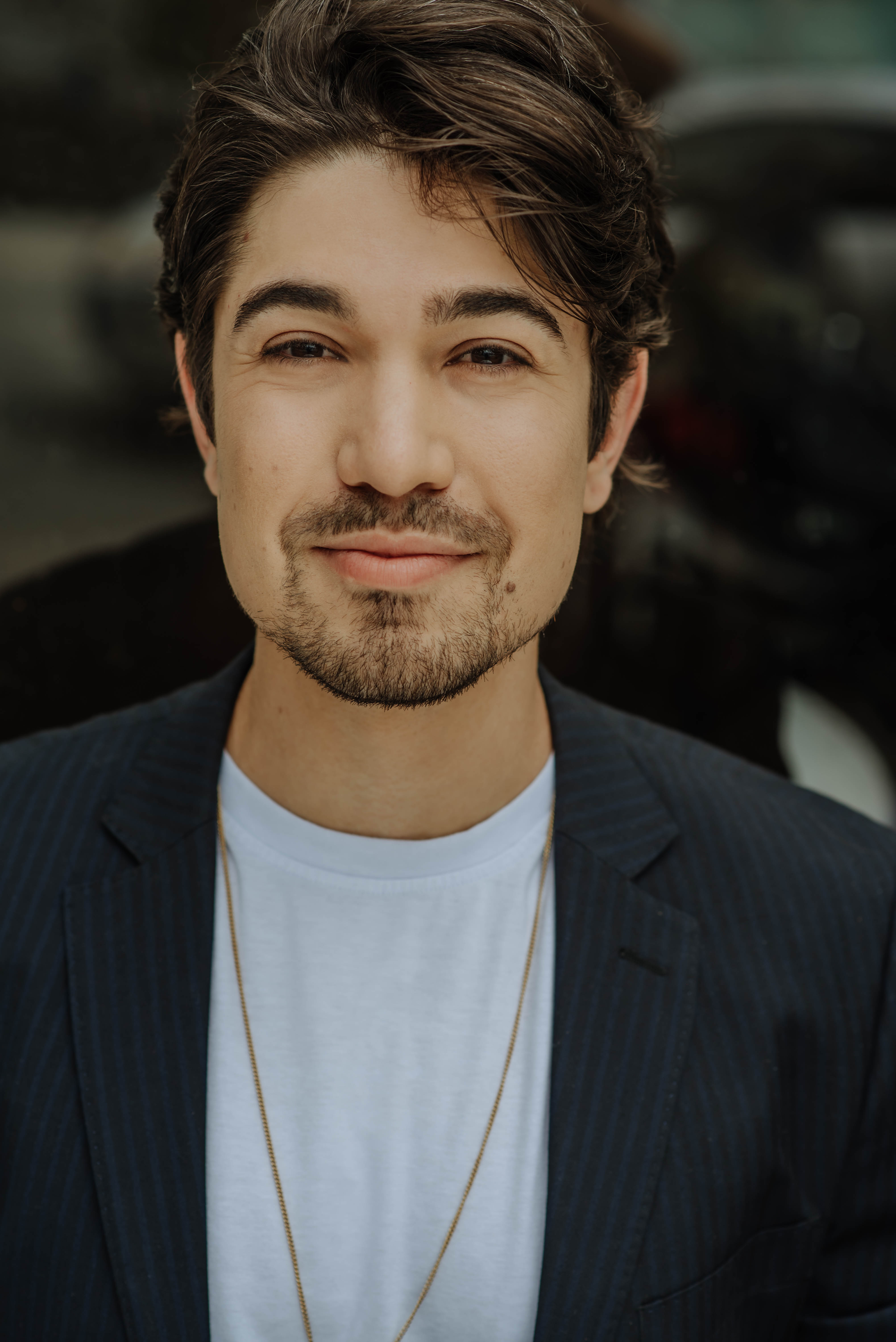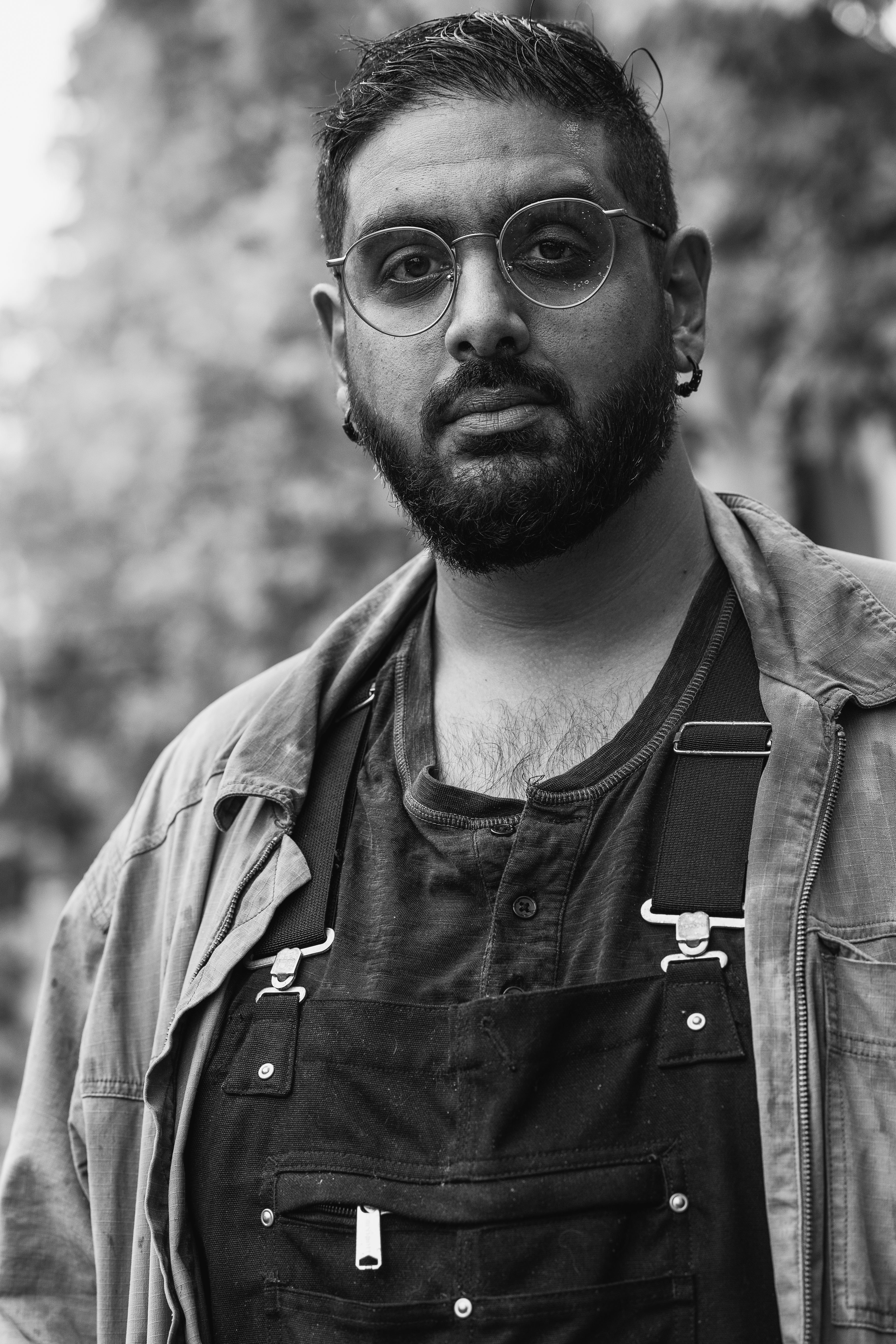Las Pasiones de Don Pasquale

Las Pasiones de Don Pasquale | Opera through the lense of the telenovela Feb 17 at 7:30pm PROGRESS LAB ( 1422 William St, Vancouver, BC V5L 2P7) High art? Low art? You decide! An evening of comedic devised performance (created from scratch - just for this event) reinterpreting the Libretto for Don Pasquale through the lens of the Latin American telenovela. Join us on this night of exploration, as we give you a glimpse into collective creation (with scripts in hand) in this workshop performance. ¡Ahí nos vemos! What makes an art form more prestigious than another? How do we define status and significance when it comes to art? Can we take elements of one (highly regarded) medium and transform it to fit another (presumed inferior) one? If the plots and characters are virtually the same, who decides what’s cultured and what isn’t? These are the questions and motivations behind our piece. We want to see what happens when we use devised theatre to transform Don Pasquale, a famous and cherished Italian opera, into a spicy and scandalous Latin American telenovela. We hope you come and be part of this exploration with us, as we give you a glimpse into collective creation (with scripts in hand) in this workshop performance. ¡Ahí nos vemos! JUST WHAT IS THIS EVENT? IT SOUNDS WILD! Hola hola! My name is Angie Descalzi, I’m originally from Ecuador - Sud América, and I’m the Artistic Producer at Rumble Theatre. ¡Mucho gusto! We are excited to partner with the Vancouver Opera once more and work on a new piece in response to Don Pasquale. As I was reading the libretto, I kept thinking about how similar the characters and plots were to many of the telenovelas I watched growing up. Rich uncle refuses nephew’s beloved because she’s poor? Nephew and friends plan a scheme to trick the uncle into changing his mind and inherit all his fortune? Evil wife turns out to be someone else in disguise? Of course! The Italians have a similar temperament and flair for the dramatic as we do (I should know, I’m part Italian too), and although this opera buffa was written centuries before the first telenovela was released in 1950 (El Derecho de Nacer by Cuban writer and composer Félix B. Caignet), they share the same theatrical roots: Commedia dell’ Arte and Melodrama. Telenovelas were an integral part of living in Latino América. Whether you sneaked into the living room after school to watch the 3 pm re-runs of Dos Mujeres, Un Camino (which your parents strictly forbade you to watch because you were too young for it), or you cuddled up next to your abuelita to watch the primetime telenovela (like María la del Barrio), or you couldn't wait to go to school and talk to your friends about the latest episode of Rebelde Way or Yo Soy Betty la Fea, this tv genre was and is part of our diverse and beautiful Latin American culture. It was also a great equalizer. Everyone watched them and there was always a character you could see yourself in or one you were rooting for or loved to hate. We’d all talk about who was the most good looking, or the best villain, or how much we cried after Armando Mendoza finally realizes he is in love with Betty. No matter who you were or your place in society, you never missed “la novela”, and couldn’t wait to find someone, anyone, to talk to about it (remember, there was no binge watching, you had to wait for each episode to air). If you were in el mercado, you’d hear the caseritas (slang for market vendors) debating, and you’d chime in and have a 15 minute chat, leaving with extra plátanos (la yapa - a little extra at no charge) because you all agreed that María Mercedes can do way better than that awful rich boy. If you were at a barrio party, you’d eventually hear the neighbours discuss the differences (if any) of all of Thalía’s characters in the many telenovelas she starred in. I guarantee most of us can sing many of the opening credit songs out loud and with feeling (especially after a few chelas), and bond over the fact that Rubí (one of the best evil characters ever written) deserved what she got in the end. I was 9 years old when I decided to become a telenovela actor. My dream was to move to México and become the new Gabriela Spanic. I was in the living room watching La Unsurpadora (one of the best of all time) and remember being so impressed with her performance that I wanted to be just like her. In the show, she plays two characters, twins, who have been separated at birth. Paola grows up to be rich, frivolous, and deliciously evil; Paulina, much kinder and demure, lives in poverty and works as a maid in a lavish resort. This is where they meet and where the story begins. Paola, wanting to escape her marriage and have a luxurious adventure in Europe, forces Paulina to take her place and pretend to be her for a period of time. Here, we meet the wealthy Bracho family (facing financial ruin) as well as the people who work for them. Very much like Don Pasquale, we follow these characters, their ups and downs, their forbidden loves, convoluted schemes, and epic fights. So, if the plots and characters are virtually the same, why is there a sense of prestige and elitism when going to see an opera? Sure, the production value is much higher, there is music composition and trained singers, but the stories and themes (much like Shakespeare) are indistinguishable. They are universal and human. Are you really much more refined and educated if you go see (a European) Don Pasquale than if you stay home and watch (a Latin American) Marimar? Should we judge people’s intelligence or taste level because they’d rather enjoy 6 months of love, hate and plot twists rather than one night of the same plus beautiful music? Can’t people like both? Of course they can! But, is opera as accessible to the general public as telenovelas are? It can and should be. That’s the thing: art is supposed to be for everyone, no matter where you come from, how much money you have, or whatever status you are perceived to have based on the society you live in. ABOUT THE PERFORMERS These are the questions and motivations behind our piece. Performed by Alen Dominguez (from México), Matheus Severo (from Brasil) and Angie Descalzi (from Ecuador), and with the direction of the brilliant Daniela Atiencia (from Colombia/Ecuador), we want to see what happens when we use devised theatre to transform Don Pasquale, a famous and cherished Italian opera, into a spicy and scandalous Latin American telenovela. We hope you come and be part of this exploration with us, as we give you a glimpse into collective creation (with scripts in hand) in this workshop performance. ¡Ahí nos vemos!

















